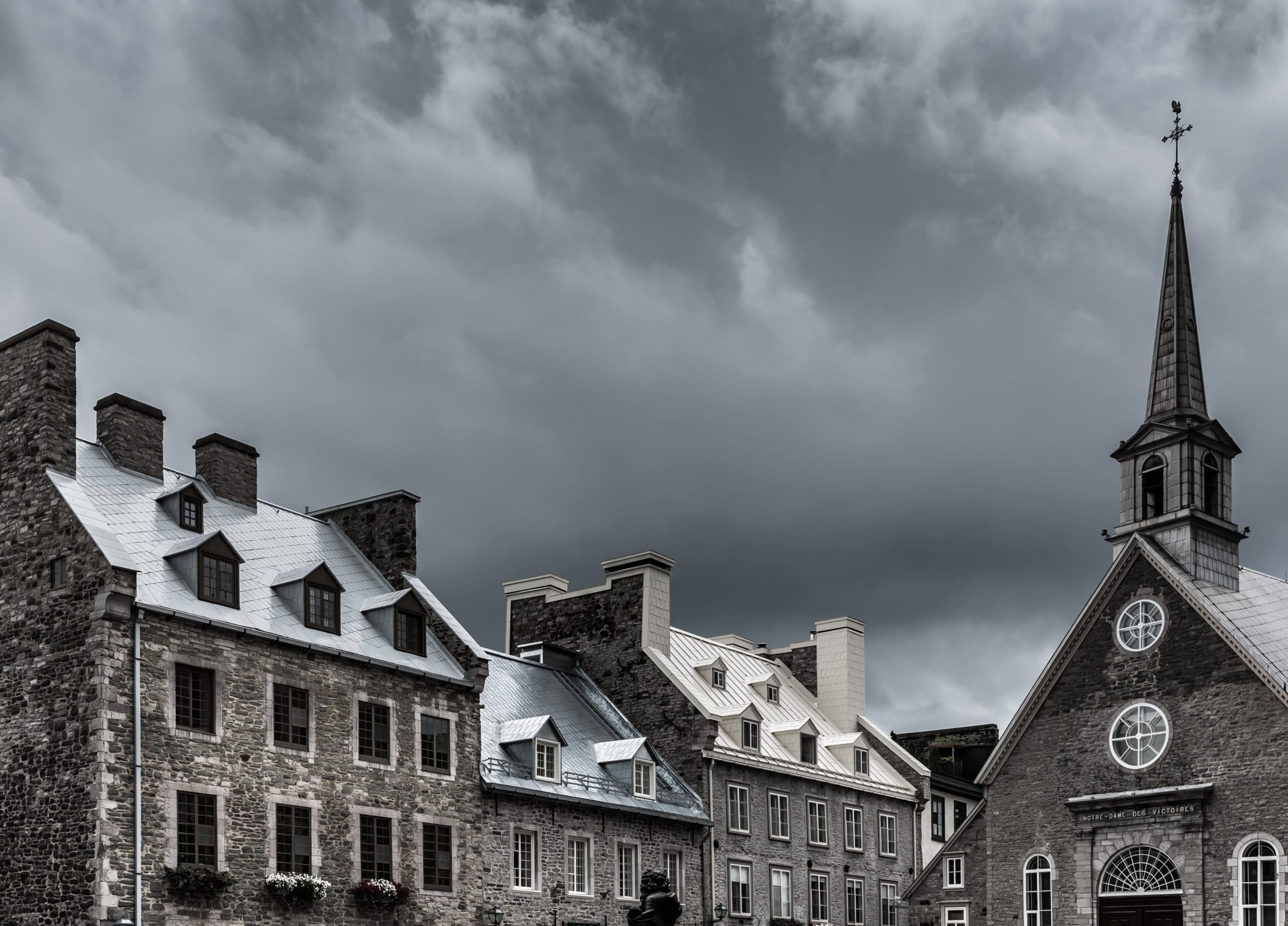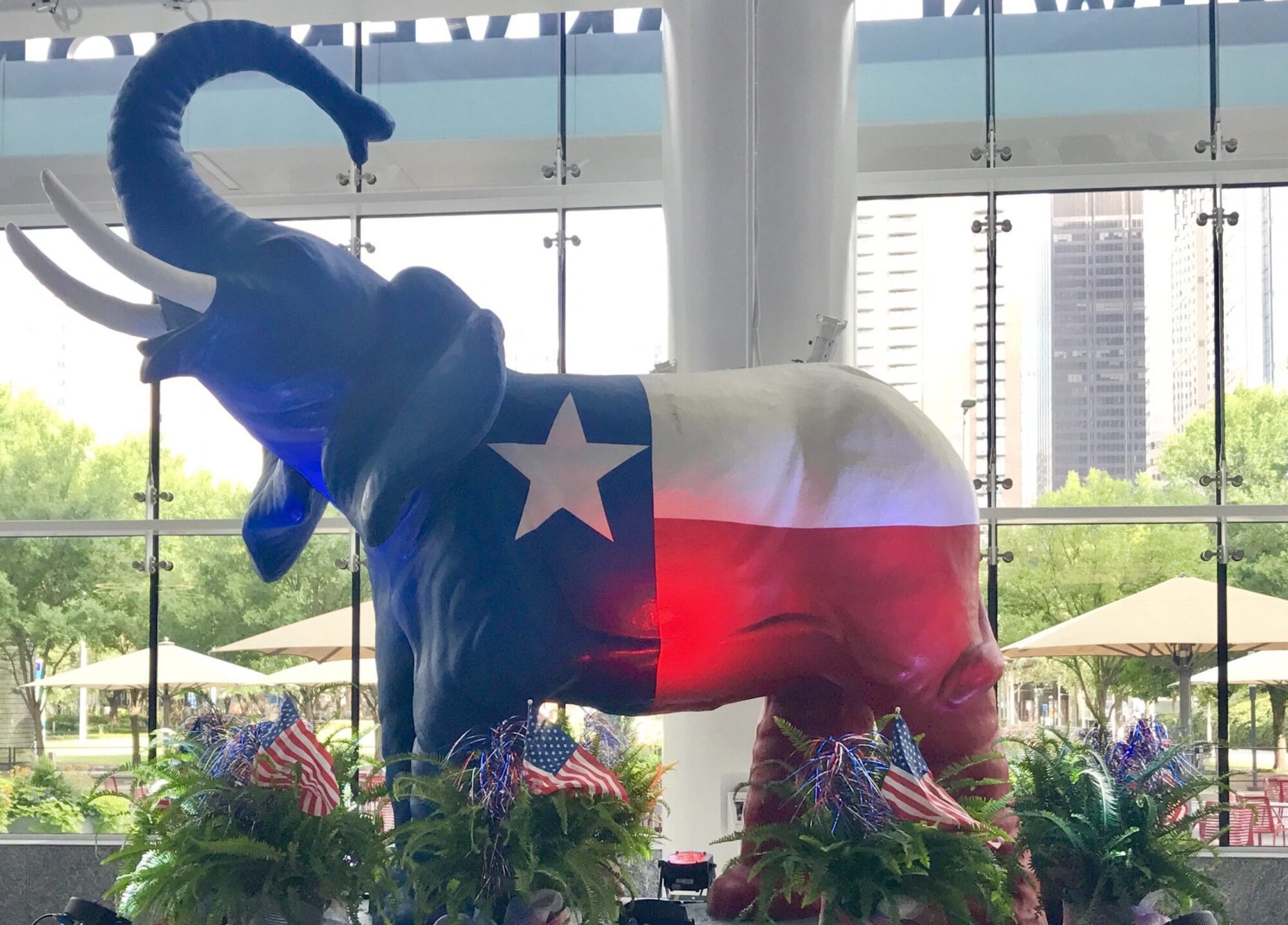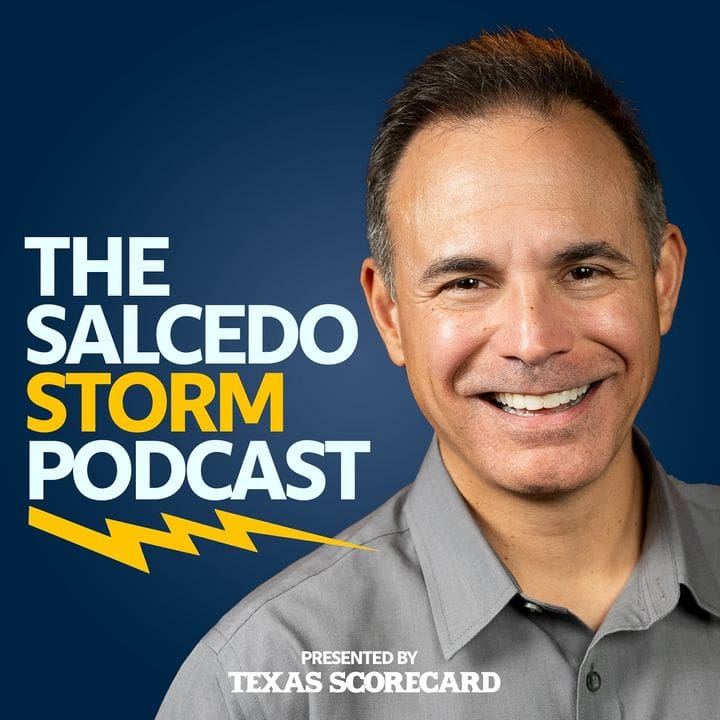On Thursday, Dallas city officials launched their attack against bills that would protect Texans’ religious liberties after last year’s bans on worship.
As part of their response to the Chinese coronavirus over the past year, local officials across Texas banned in-person worship, necessitating interventions from Gov. Greg Abbott and Attorney General Ken Paxton.
Following citizen uproar, State Sen. Kelly Hancock (R–North Richland Hills) and State Rep. Jeff Leach (R–Allen) filed Senate Joint Resolution 27 and House Joint Resolution 72, proposing a constitutional amendment that would prohibit Texas “or a political subdivision of this state” from banning or limiting religious services.
During Thursday’s hearing of HJR 72 at the House State Affairs Committee, the City of Dallas came out swinging in an attempt to keep their control over churches.
“We must carefully balance the freedom of faith-based organizations with the safety of the residents we serve,” Dallas Councilmember Lee Kleinman, appointed by Mayor Eric Johnson as chair of the city’s legislative committee, told state lawmakers. “We respectfully defend the ability to limit occupancy.”
Leach shot back, telling Kleinman the church exists “to serve people.”
“If there is a disaster, we need to be able to enforce our health codes and building codes,” Kleinman added during his opposition to House Bill 1239, which would also protect churches from shutdown orders. “Our biggest problem is if there’s a structural problem with the facility, they need to conduct religious expression elsewhere.”
While he didn’t testify, Kleinman also listed his position as against the other two religious liberty bills the committee heard that day: HB 1691 and HB 525.
Dallas’ position, as presented through Kleinman, sets the city against its citizens.
“While the revisionists of our history declare an imaginary wall of separation of church and state, power-drunk politicians made quick work to bulldoze their ‘wall’ to quickly exert their unconstitutional overreaching powers to bar the doors of churches,” Tarrant County resident Joel Starnes previously told Texas Scorecard.
This wouldn’t be the first time Dallas council members opposed citizens.
Last year, a majority of the council voted to cut $7 million from the police overtime budget. Kleinman was among the votes for the cut, while Mayor Johnson voted against.
In 2018, Kleinman—who can’t run for re-election due to term limits—stated Dallas’ objective with the Texas Legislature:
Their game is telling us, “You can’t do this stuff.” Our game is continuing to maintain our authority, and so, that’s really what we spend all of our time doing.
These bills were left pending in committee, while SJR 27 and the Freedom to Worship Act passed the Senate on Thursday.
Citizens may contact their state representative and keep track of legislation with Texas Legislature Online.
In Dallas, all 14 Dallas City Council seats are on the ballot this year. Early voting for the May 1 election runs from April 19 through April 27.





